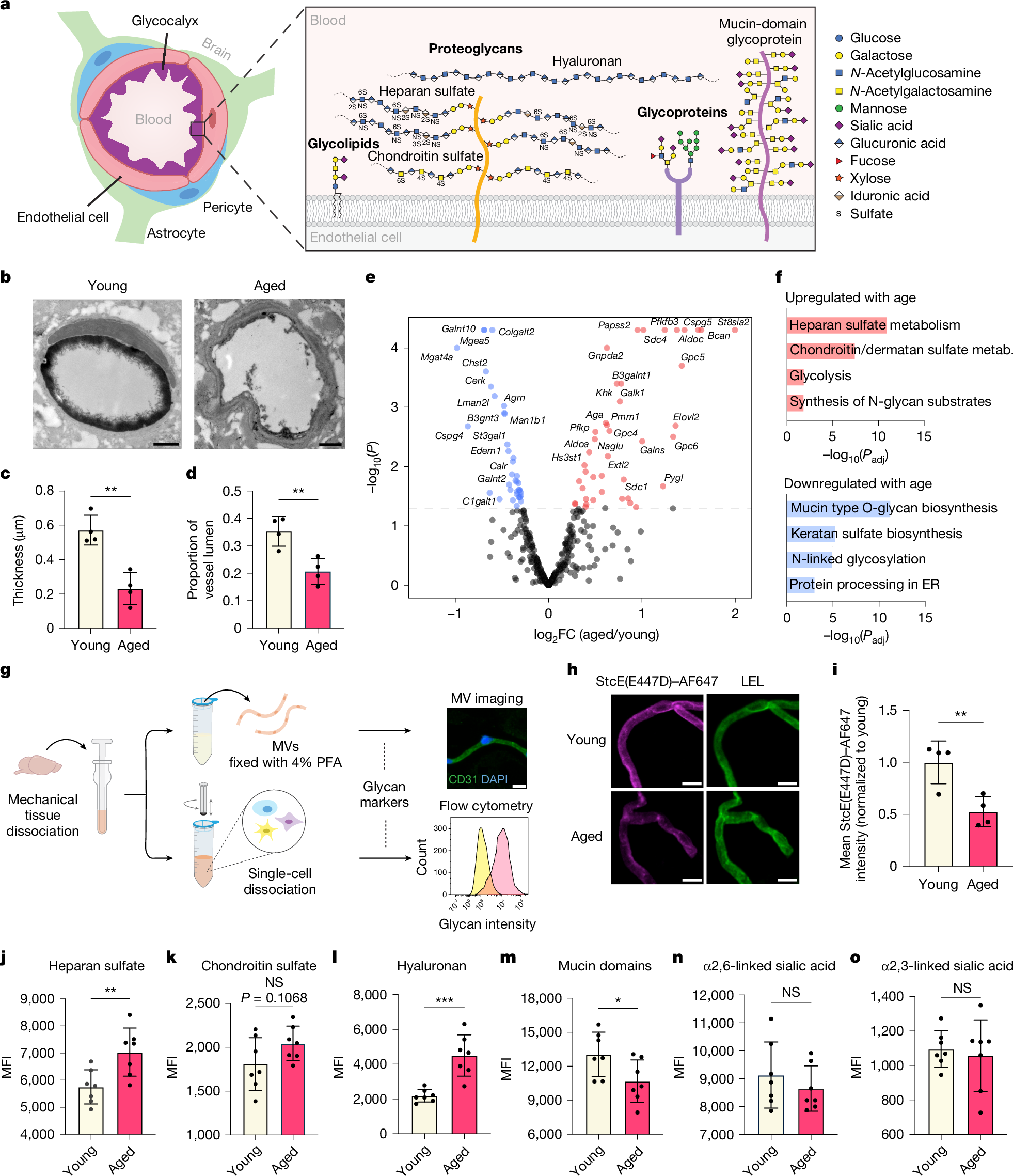2025-02-27 ピッツバーグ大学
<関連情報>
- https://news.engineering.pitt.edu/an-unexpected-insight-into-alzheimers-disease/
- https://alz-journals.onlinelibrary.wiley.com/doi/10.1002/alz.14479
認知機能が安定したダウン症女性の神経病理学的症例報告: 神経病理学的回復力への示唆 A neuropathology case report of a woman with Down syndrome who remained cognitively stable: Implications for resilience to neuropathology
Jr-Jiun Liou, Jerry Lou, Lisi Flores-Aguilar, Jamie Nakagiri, William Yong, Christy L. Hom, Eric W. Doran, Minodora O. Totoiu, Ira Lott, Mark Mapstone, David B. Keator, Adam M. Brickman …
Alzheimer’s & Dementia Published: 27 January 2025
DOI:https://doi.org/10.1002/alz.14479

Abstract
INTRODUCTION
Aging adults with Down syndrome (DS) accumulate Alzheimer’s disease (AD) neuropathology, including amyloid beta plaques and neurofibrillary tangles, by age 40.
METHODS
We present findings from an individual with DS who remained cognitively stable despite AD neuropathology. Clinical assessments, fluid biomarkers, neuroimaging, and neuropathological examinations were conducted to characterize her condition.
RESULTS
Her apolipoprotein E was ε2/ε3 and genome-wide association study data indicated mosaicism. Neuroimaging revealed stable yet elevated amyloid and moderately elevated tau levels, while neuropathology indicated intermediate AD neuropathologic change with Lewy body and cerebrovascular pathologies. The participant demonstrated stable cognitive functioning in her 60s, potentially attributed to genetic variations, cognitive resilience, and environmental enrichment.
DISCUSSION
These findings emphasize the complexity of AD progression in DS. Further investigation into factors influencing cognitive resilience in individuals with DS is warranted. Understanding the mechanisms underlying cognitive stability in DS could offer insights into resilience to AD neuropathology in people with DS and inform future interventions.
Highlights
- Findings from clinical assessments, fluid biomarkers, genotyping, neuroimaging, and neuropathological examinations of an individual with Down syndrome (DS) who remained cognitively stable despite Alzheimer’s disease (AD) neuropathology are presented.
- Neuroimaging revealed stable yet elevated amyloid profiles and moderately elevated tau levels, while neuropathology indicated intermediate AD neuropathologic change with Lewy body and cerebrovascular pathologies.
- Despite the presence of AD pathology, the participant demonstrated intact cognitive functioning, potentially attributed to genetic variations, cognitive resilience, and environmental enrichment, emphasizing the complexity of AD progression in DS.


